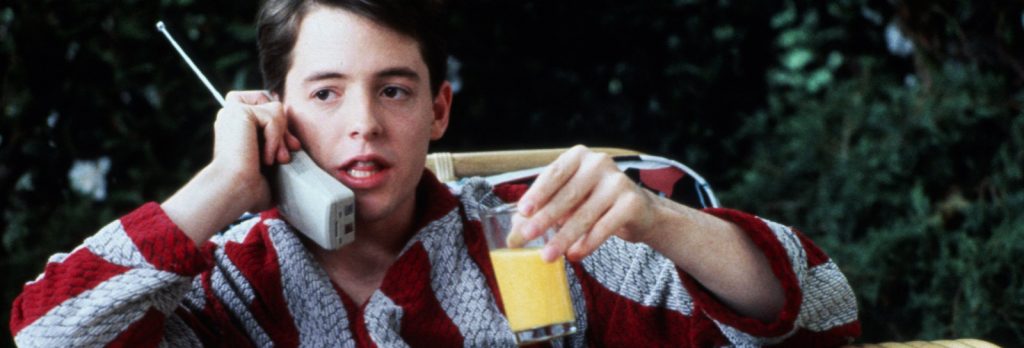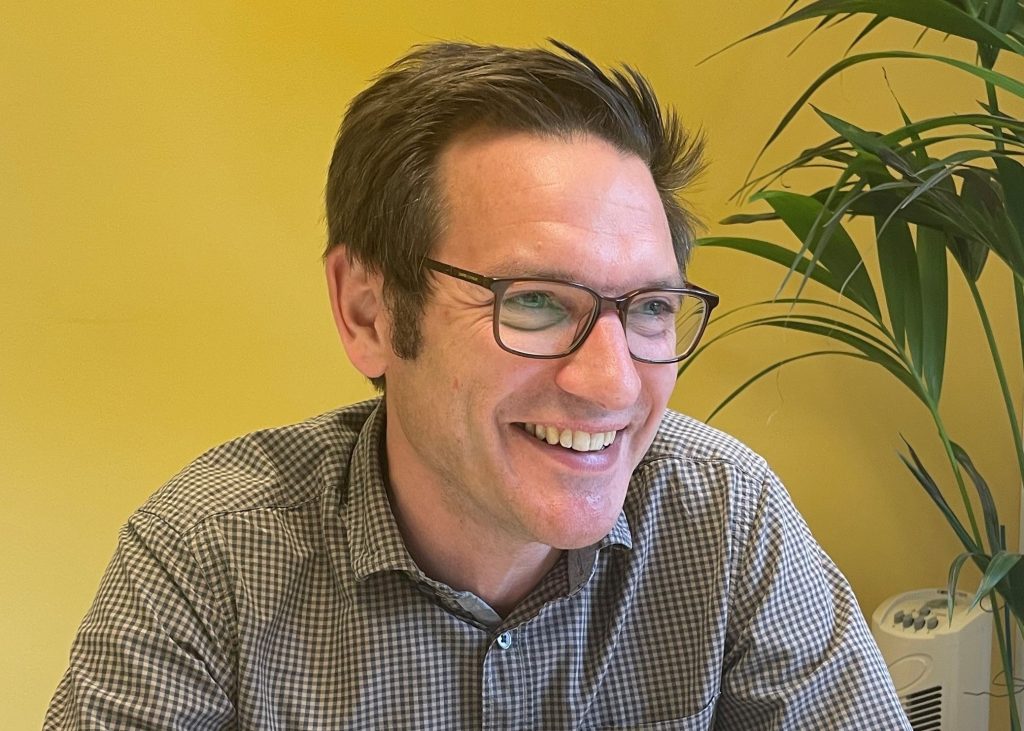Ferris Bueller’s guide for FMCG brands
Over the next few weeks we will be coming back to a central challenge we have heard from our clients in recent months: how to make change an opportunity rather than a threat.
In this blog Rory Thomas, Director in our Consumer team, looks at how rapid change in the entertainment industry is leading to challenges familiar from the world of consumer goods. And he shares three principles both industries should keep in mind to avoid the pitfalls.
A friend who works in TV was recently bemoaning how things have changed since he’s been in the industry. The booming volume of content and the growth of streaming have created a treadmill. The industry expects more episodes, of more series, in double-quick time. The frustrations behind the strikes in Hollywood suggest that these are felt across the film and TV industry.
It began to sound very reminiscent of the challenges faced by consumer goods brands: the fast and furious pace of change can disorientate and lead people to focus on the wrong things.
Losing focus
First there’s the risk of being distracted by what competitors are doing and losing sight of your own objectives. TV producers see the sheer amount of content available and are so worried about being outflanked that they produce more and more content, faster and faster. There was a 22% increase in original or exclusive streaming content produced in the year to April 2022.
While there are numerous high-profile successes, there’s a lot of average content below that and the sheer cost of it is unsustainable. Using AI to replace actors might reduce costs but I am not sure it will fix the ‘more, more, more’ mentality.
Rushed innovation
Secondly, the need for speed means it’s easy to fall into the trap of reducing innovation to the recombination of past hits. Time pressured producers and brands alike can be tempted to do without insight and creativity and ask ‘What do we know how to do?’ rather than ‘What do people want?’.
I’m not sure if Ferris Bueller worked in programming or innovation, but “life moves pretty fast; if you don’t stop and look around once in a while, you could miss it” still feels like a relevant lesson.
This can lead to simplistic assumptions based on previous successes, like the very real risk that the success of Barbie will lead to a glut of Mattel Universe films. (Although I’ll go if they make Scrabble: Tile M for Murder).

Short-term thinking
This can show up in obvious ways, such as drawing long-term conclusions from short-term trends. The TV industry was not alone in misinterpreting changes during lockdown – but flatlining streaming subscriptions and the drop in time spent watching video content suggest that they put too much faith in the ‘new normal’ . “If you build it, they will come” worked best for TV when people could only dream of being in a field.
But operating at a high pace can also lead more subtle problems, like poor follow-through on plans. In TV, the wrap of one series is often just a prompt to start making the next. And in consumer goods, the launch of a new product is often treated as the end of a process, not just the end of the beginning. Without proper medium and long-term support even the best innovation will struggle.
The moral of the story
These aren’t a recipe for certain disaster. You can imitate your competitors, tell people what you want them to want, and produce a stream of output without pause and get away with it for a while. 19 of the top 20 biggest grossing box office movie weekends are for sequels, reboots or spin-offs.
But that strategy has a shelf life.
Each of the six Marvel Universe films on general release since 2019 have made significantly less than what should, perhaps, have been the franchise’s Endgame.
And in pursuing diminishing returns on lower-risk innovation, new opportunities cannot be pursued.
Sound familiar?
We have some suggestions that can help in breaking bad habits. They are not revolutionary, but are too easily forgotten in uncertain times:
- Define an objective and how your team plans to achieve it. You can refine as you progress but everyone should be working towards the latest understanding of what it is. You’ll love it when the plan comes together.
- Become more human. Like the Terminator, learn to understand why people cry (or laugh, eat, clean, run, etc.). Do the groundwork of understanding the consumers of your category (whether through segmentation or immersion); and go back to that knowledge throughout rather than seeing the initial check as ‘job done’
- Think about the day after tomorrow. If you know what you are trying to do, and who you are doing it for, it should be straightforward to build assessment into the project at the outset to measure whether you have got there or not, and more importantly to learn why, to inform the next project.
If you need help building blockbusters and avoiding flops, get in touch!




